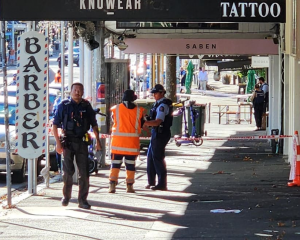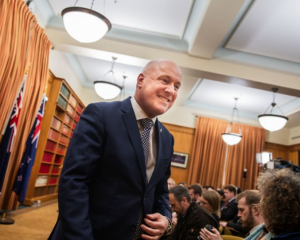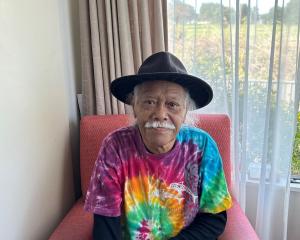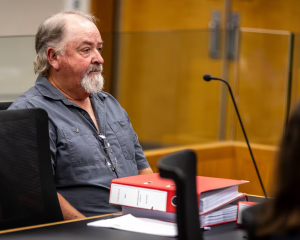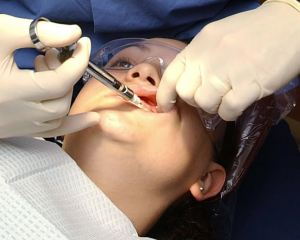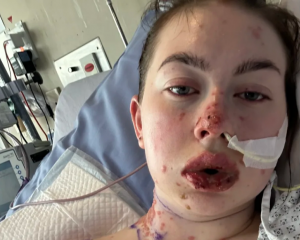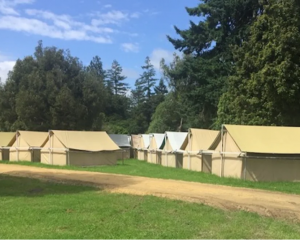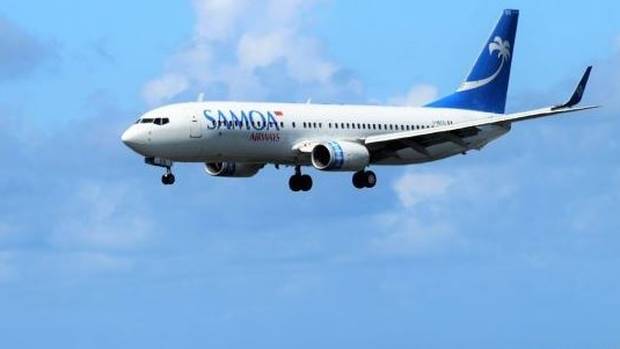
Just over three hours later and about 20 minutes before the aircraft landed, the 9-year-old would be dead.
Now his family are calling on the airline, Samoa Airways, to reveal what its protocols are when it comes to mid-air emergencies and exactly what warrants an aircraft making an emergency landing or turning back.
A woman speaking on behalf of the family told the New Zealand Herald the youngster suffered a severe asthma attack not long into the OL732 Boxing Day journey.
"We have nothing but praise for the flight attendants, but question whether the pilot followed best practice operational procedures,'' she said.
"Many are saying that the plane should have turned back for Auckland.
"[The boy] screamed out 30 minutes into the flight that he felt like he was going to die.
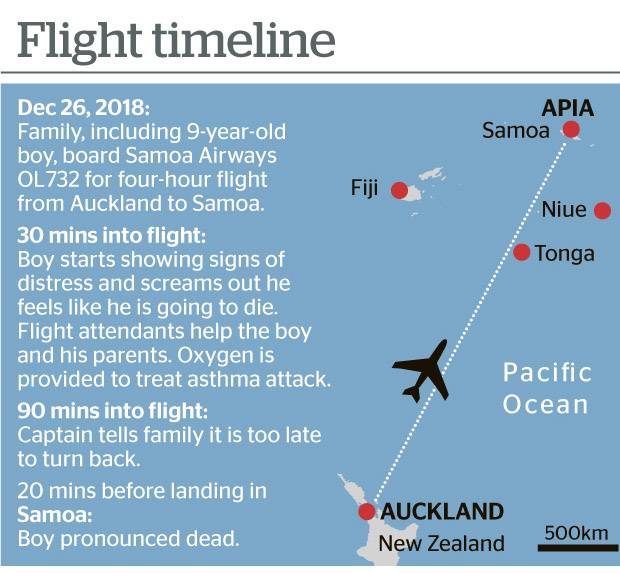
The boy died 20 minutes before the flight landed and the family believe there was a clear window of opportunity to take affirmative action.
The family spokeswoman stressed that their speaking out was not about going against the airline - which is Samoa's national carrier and only has one aircraft - but to ensure that better procedure would be followed in future emergency cases.
"There's some concern by the family with the accountability so that it doesn't happen to anyone else. The main thing is to push them to review their procedures."
Samoa Airways has not responded to requests for comment in relation to its emergency protocols.
EXPERTS SAY THERE WAS TIME TO DIVERT - OR TURN BACK
Aviation New Zealand Bill MacGregor acknowledged that there were limited places in the Pacific region that an emergency landing could be made.
"I don't know what the protocols are for that particular airline, but normally if you've got a major medical emergency and there is a possibility to divert to a place which has a medical facility then you would take that opportunity.
MacGregor said each airline had its own protocols, but acknowledged that an emergency landing was very much an option.
"It sounds like if you were only 30 minutes out, a return to Auckland would've been on.
"Any further on, [it] is a toss-up between Niue and Tonga - they would've been the closest and they're the best part of three hours into it.
"They're still opportunities you could've taken to divert. Another one may have been a diversion into Suva (in Fiji).''
A pilot for Air New Zealand, who asked to remain anonymous, said inflight medical events were common especially on long haul flights.
After initial assessment is made by flight attendants, he said, a call is put out for any passengers who may be doctors or nurses.
They then seek advice from MEDLINK, a global response centre for inflight medical assistance and advice, via satellite phone.
"They quickly assess the passenger's symptoms, advise the administration of drugs from the onboard physician's kit and recommend whether to land as soon as possible, if required.
"We will follow their direction unless flight operational safety prevents so,'' he said.
A BOY LOOKING FORWARD TO HIS FIRST TRIP TO SAMOA
The New Zealand High Commission in Apia helped the boy's family and organised to bring his body back to New Zealand, where he grew up and went to school.
A family service and funeral were held to celebrate the young boy's life last week and he was remembered for being a maths whizz who was excited about his first trip to Samoa.
"He was looking forward to this. They were on their way home to attend a big family reunion. He was running around the day before."
The boy's primary school teacher was among the people who gave eulogies at his funeral. His mother also spoke of her love for her son.
"He was very intelligent and she said that this was her high achiever. She had high hopes for him. He's gone now."

